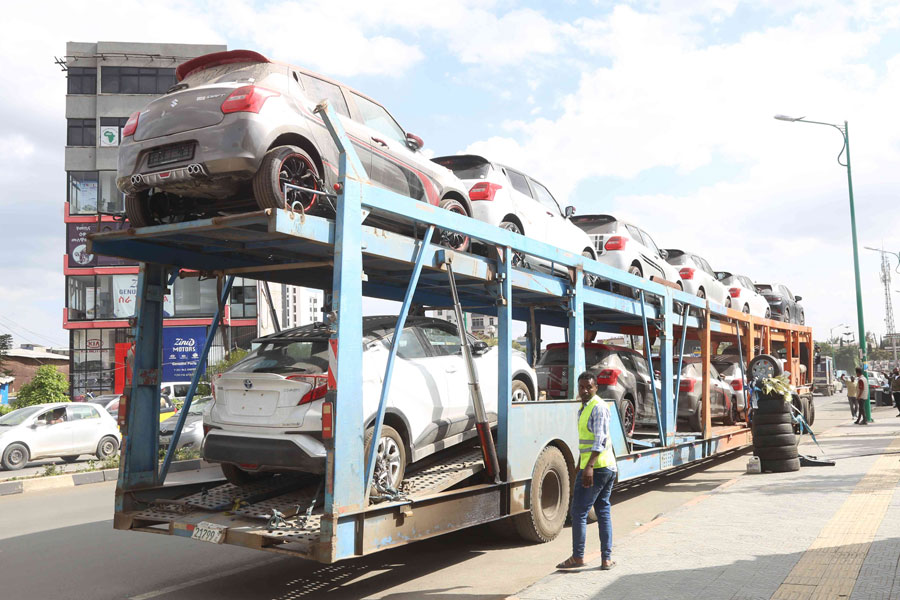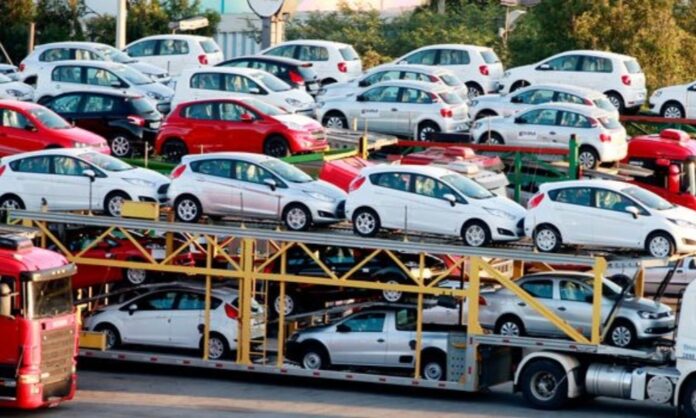In the recent fiscal budget for 2024-25, the government made several tax amendments affecting Pakistan’s vulnerable auto industry. With the Finance Bill 2024-25 approved, the new duties and taxes are now in effect.
New Regulatory Duty on Imported Vehicles
The government has implemented a 15% regulatory duty (RD) on imported used vehicles with engine capacities ranging from 1300cc to 1800cc. For cars above 1800cc, the RD is 70-90%. There is no regulatory duty on cars under 1300cc. This means popular models like Toyota Aqua, Honda Vezel, and CHR will see a price increase.
Engine Capacity and RD Breakdown:
- 0-1300cc: No RD for hybrid and petrol cars.
- 1300-1800cc: 16% RD for both hybrid and petrol cars.
- Above 1800cc: 15% RD for hybrid cars, 70-90% RD for petrol cars.
Smaller-engine cars (below 1300cc), such as Daihatsu Mira, Nissan Dayz, and Toyota Vitz, are exempt from this RD and will continue with their current fixed taxes. This exemption might benefit these smaller cars but could hurt local manufacturers like Pak Suzuki, which produces vehicles like the Alto (660cc), WagonR (1000cc), Cultus (1000cc), and Swift (1200cc).

Impact on Imported HEVs
The biggest impact will likely be felt on used Hybrid Electric Vehicles (HEVs) exceeding 1300cc. These include models like Honda Vezel, Toyota Yaris Cross, Honda CHR HEV, and Toyota Corolla Cross. Their prices are expected to jump by a significant Rs. 2.5 million to Rs. 3 million, pushing their current market value from Rs. 7.5 million to Rs. 9.5 million.
The government has also revised the withholding tax, which will now be charged on the ex-factory price rather than engine capacity. This move has forced local automakers to increase their car prices. Recently, MG Pakistan and Regal Automobiles raised their prices, citing the new tax effect. In the coming days, the market will likely see further price hikes.
No Custom Duty Exemptions
There are no custom duty exemptions on old and new imported (CBU) hybrid cars under SRO 499. This move aims to protect locally assembled HEVs.

The new regulatory duties and tax revisions are set to reshape Pakistan’s auto industry. While some smaller car models benefit from exemptions, larger imported vehicles, especially HEVs, will face significant price hikes. Local manufacturers will need to adapt to the changing landscape as the government aims to balance protection for local production with revenue generation through new taxes.
Stay tuned to Brandsynario for latest news and updates.









































